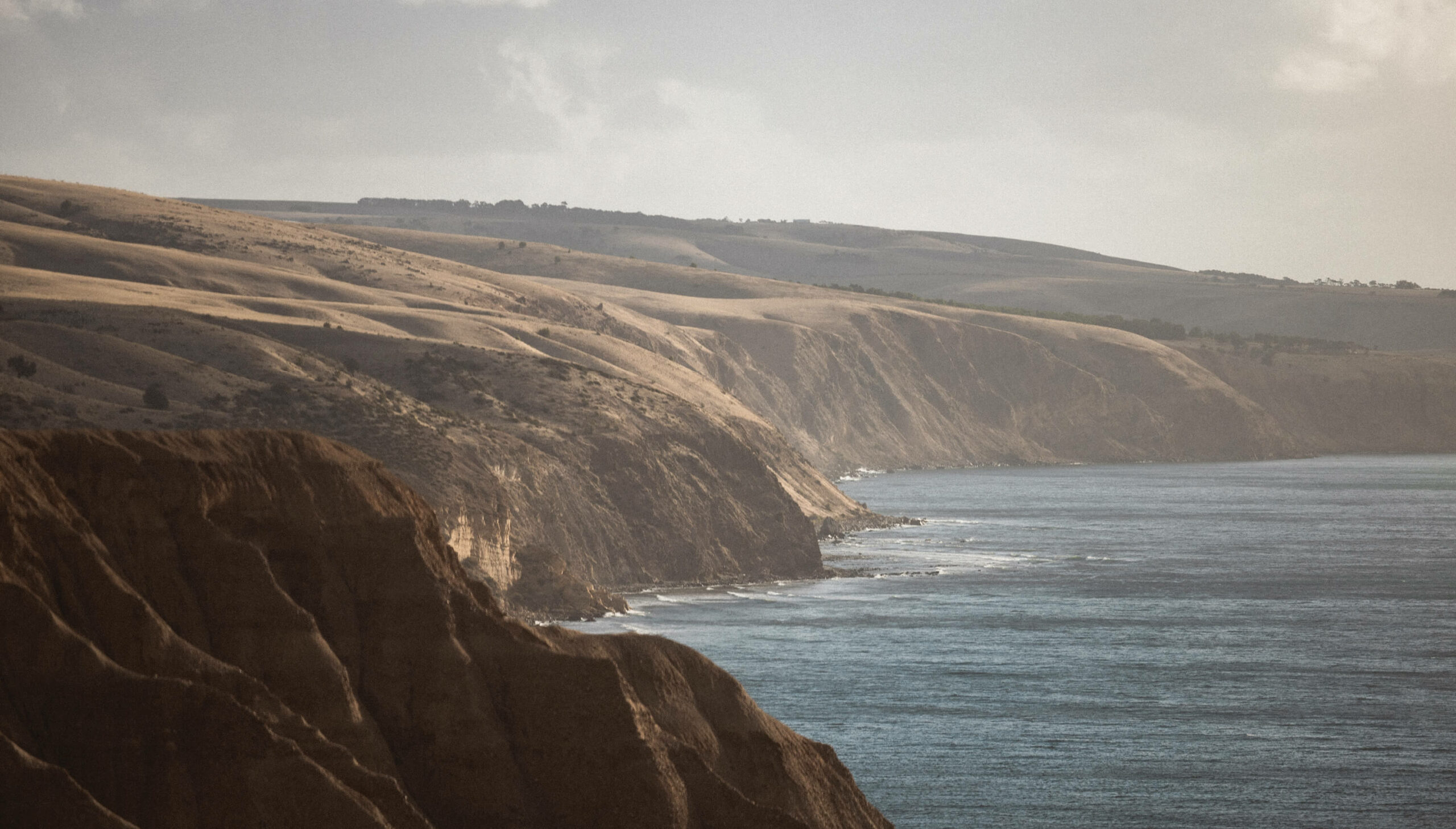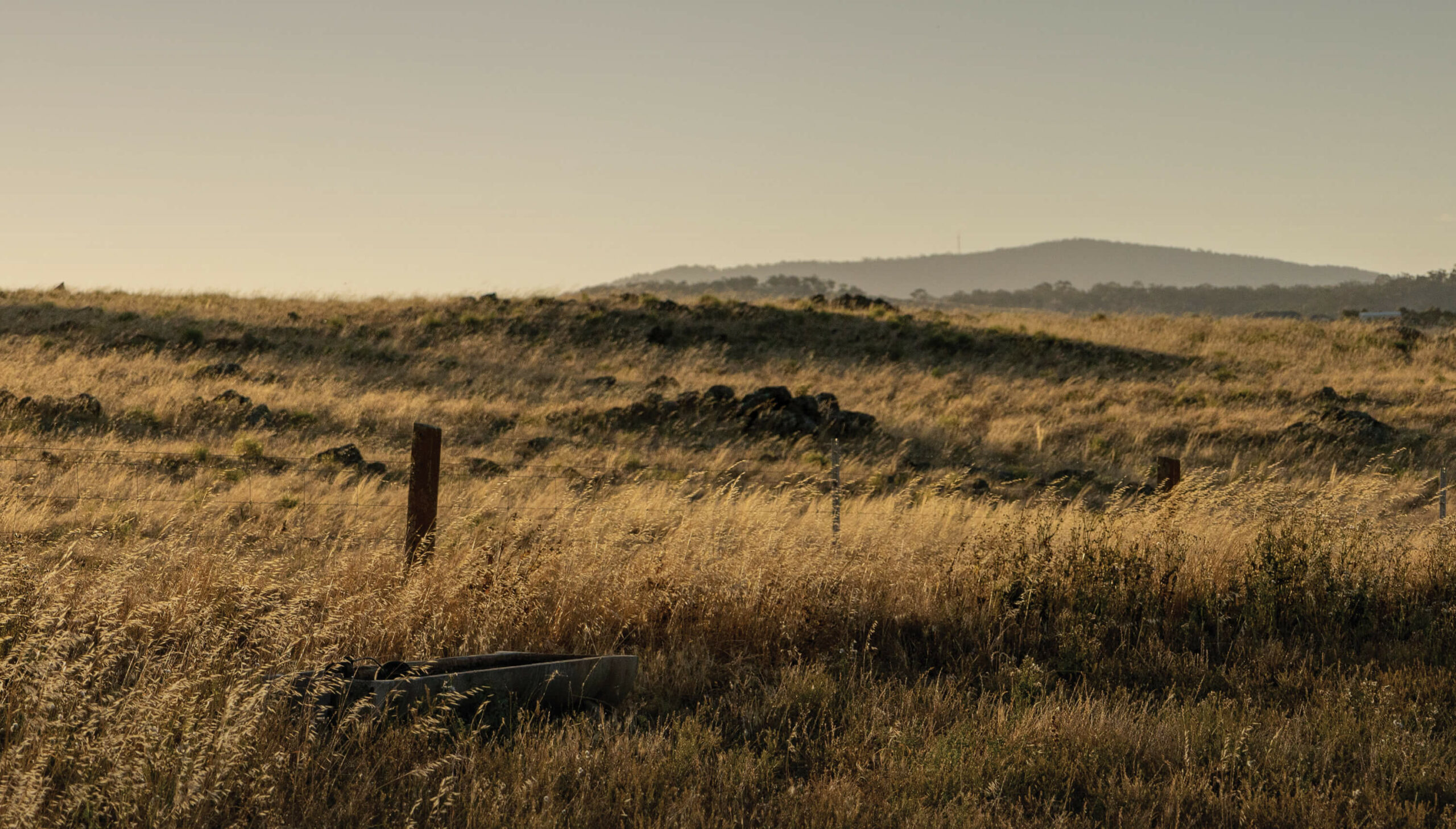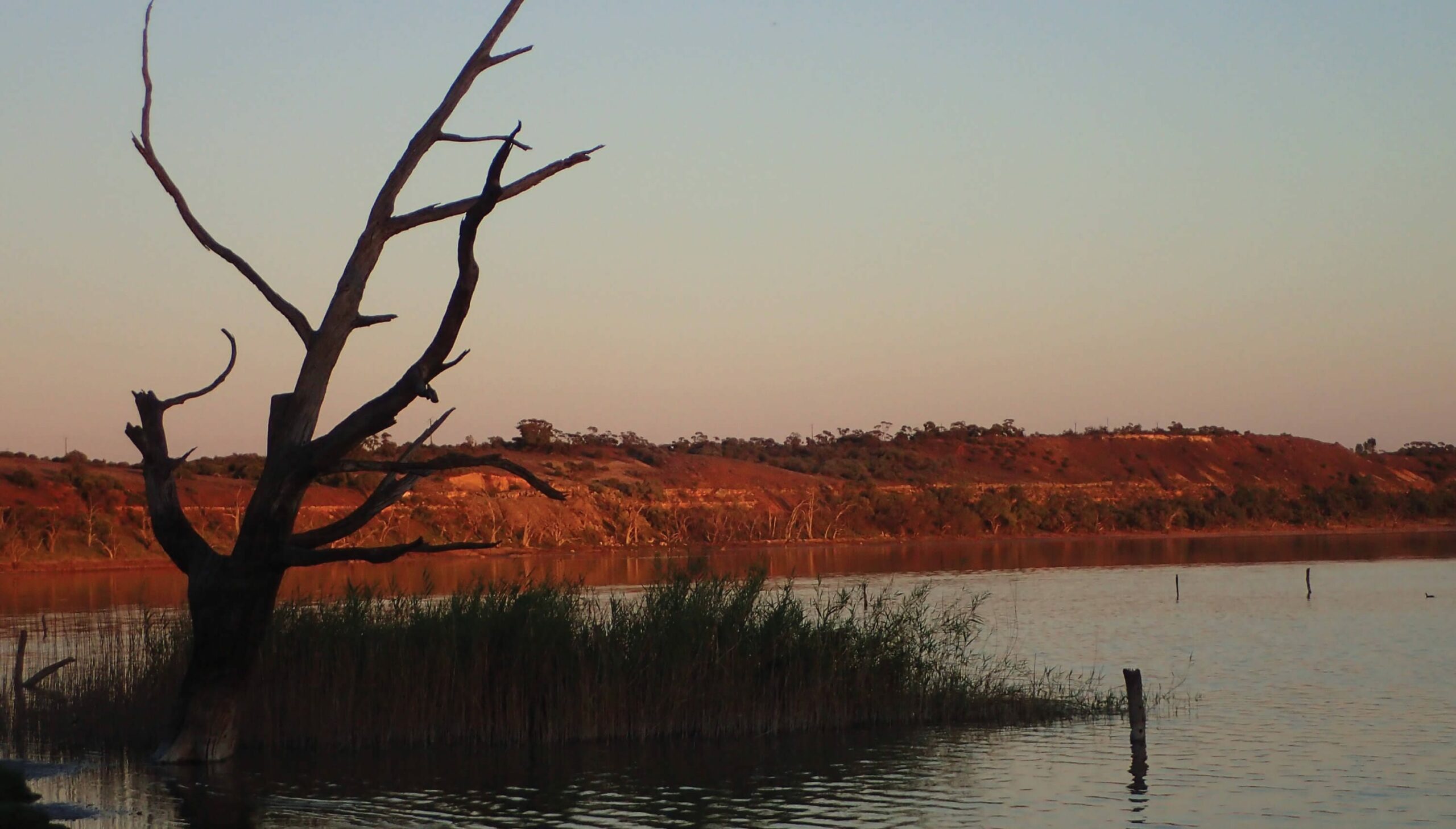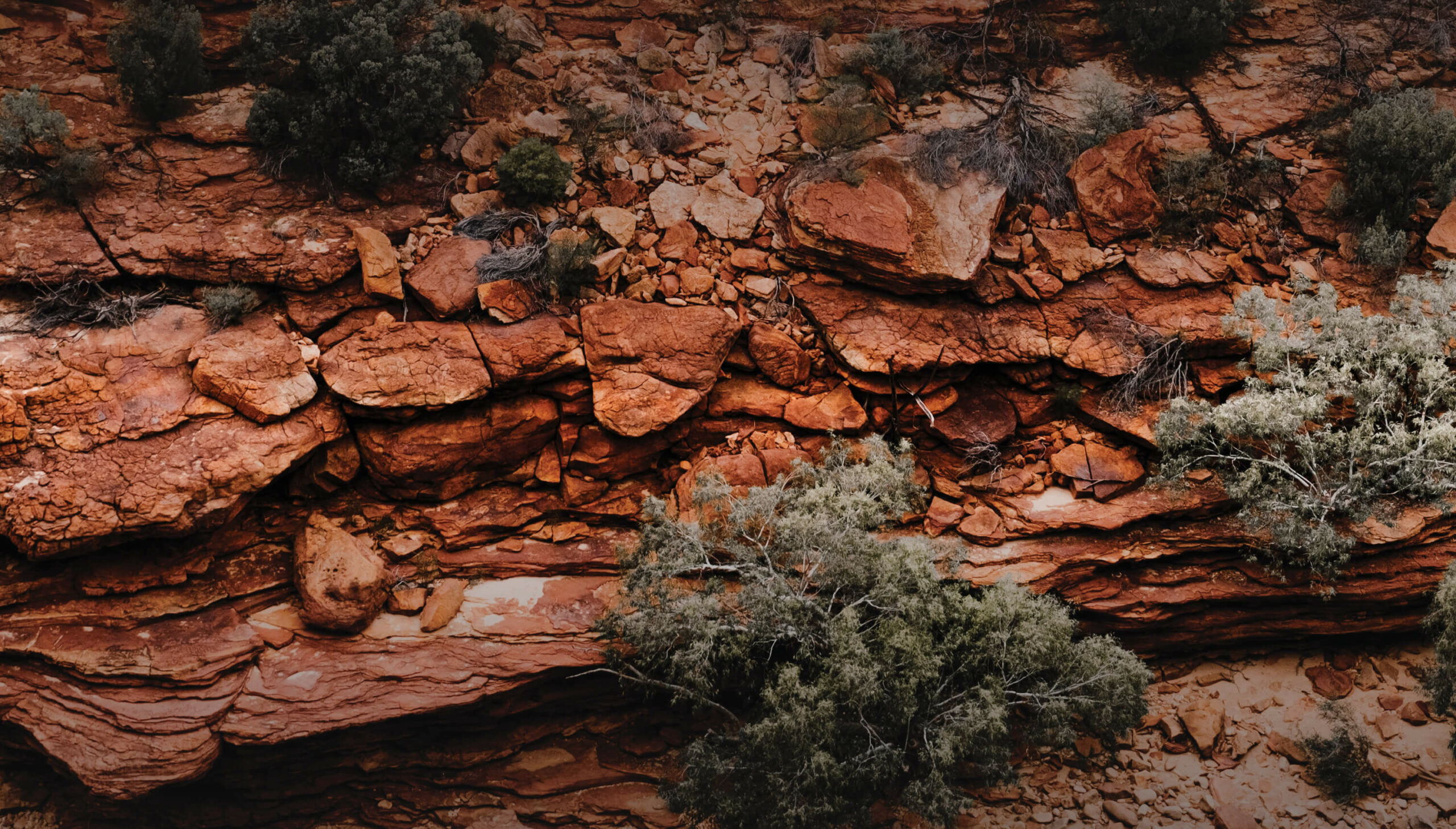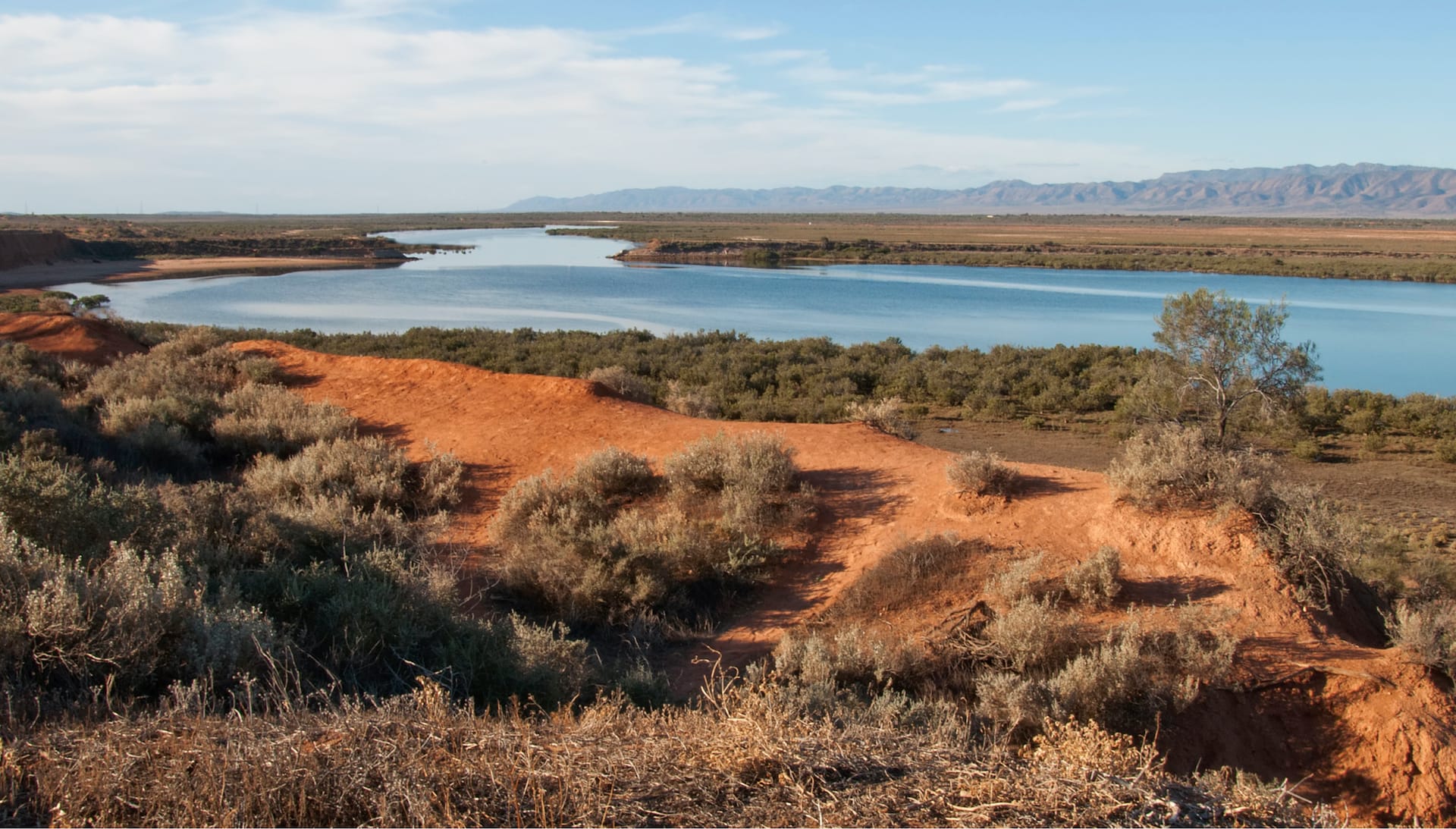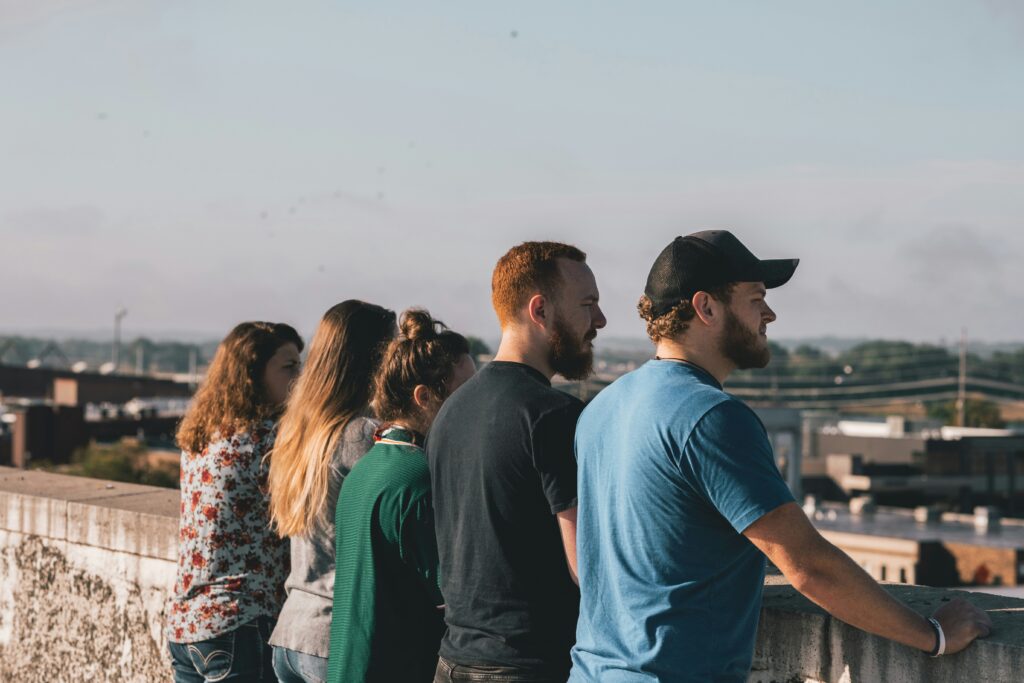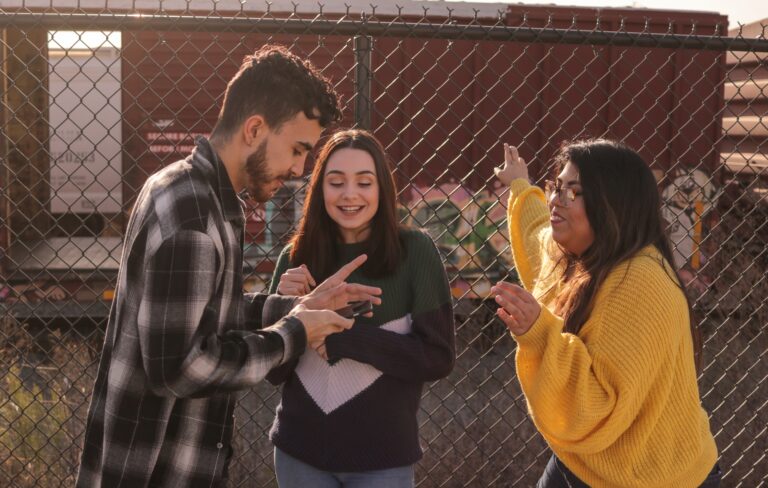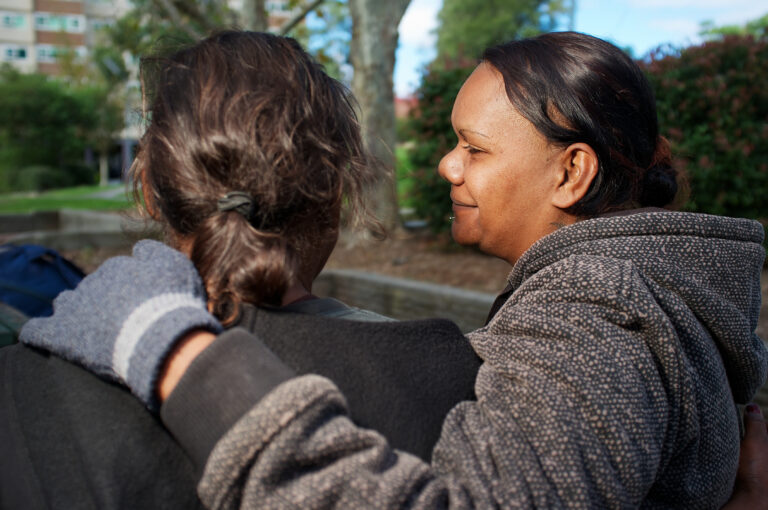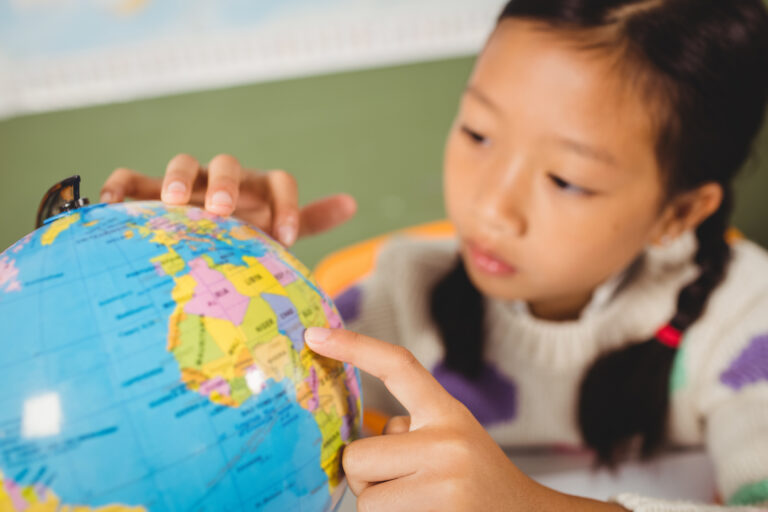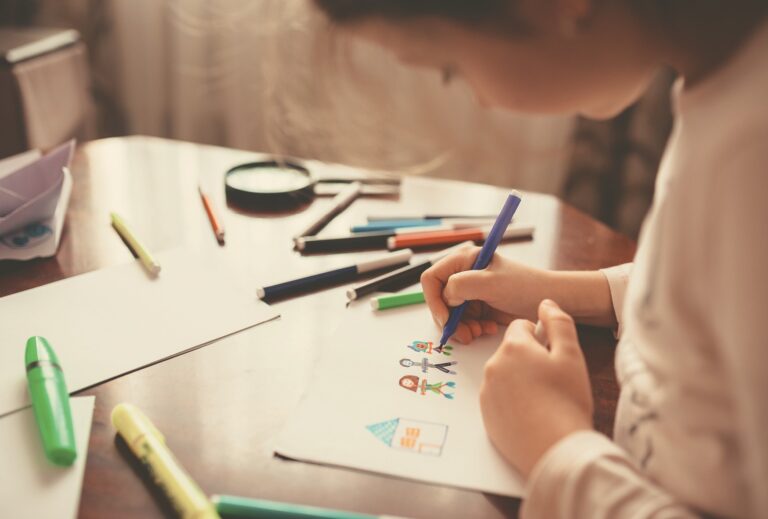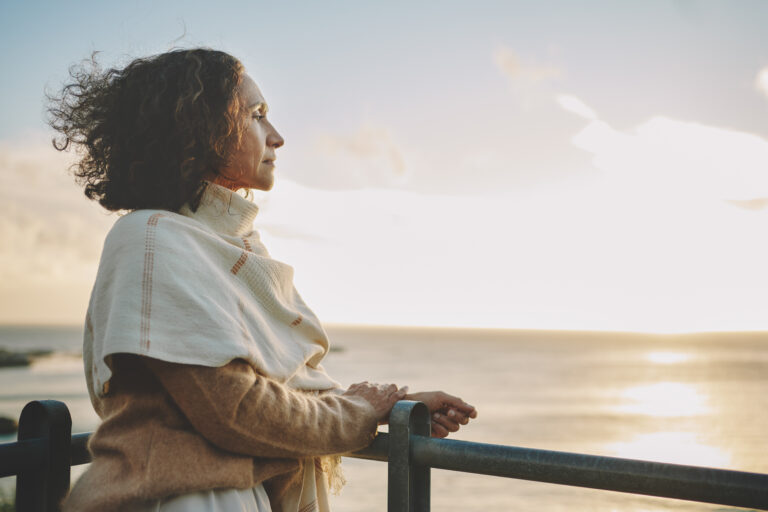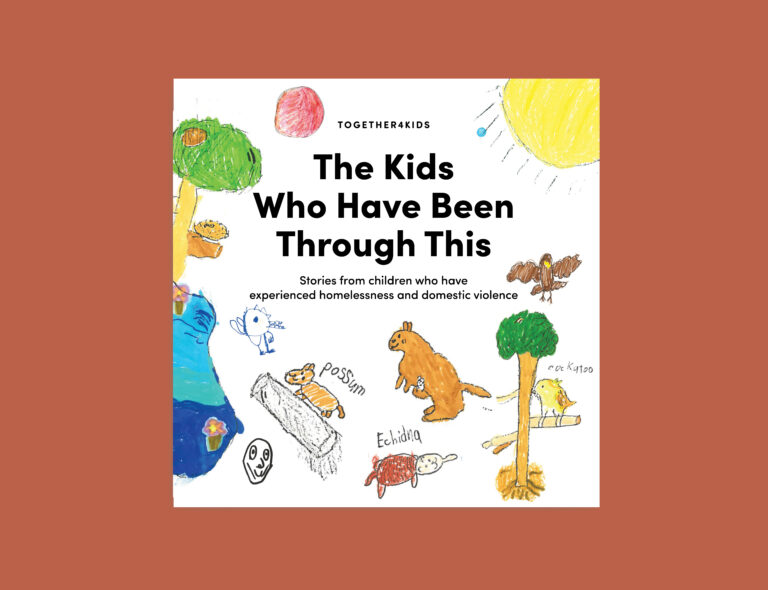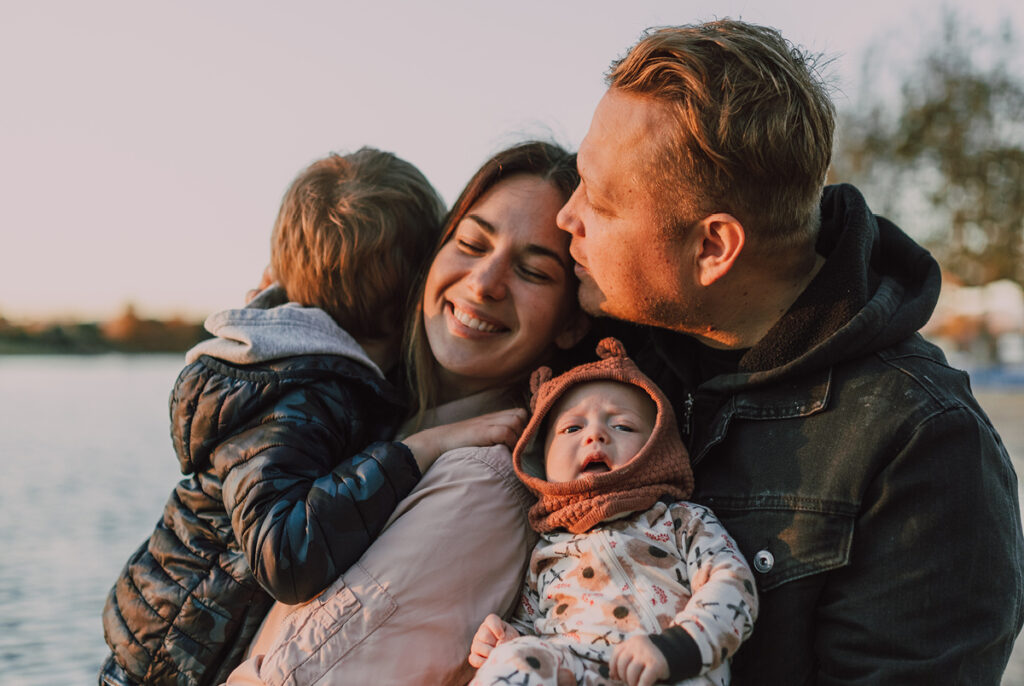Overview
Who It's For
People aged 17-25 who have experienced care. Older care leavers may also be eligible for support depending on individual circumstances.
How We Help
We help young people who are transitioning from care to build skills in independent living, finances, relationships, study and employment.
What to Expect
In-person, telephone and telehealth options available. Individual and group sessions.
How we Help:
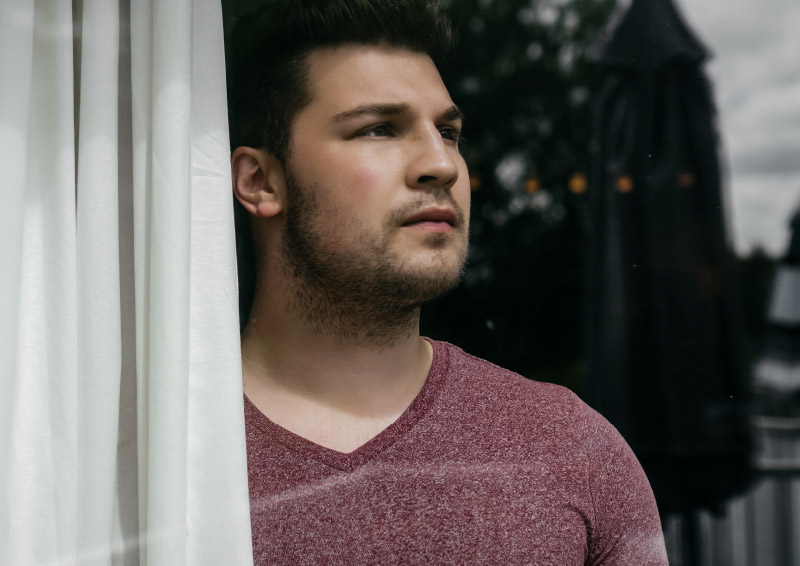
"The emotional support and the amount of understanding and help I've been provided in a really different and difficult time for me, one of the worst times."
Post Care client, Snapshot Survey 2022
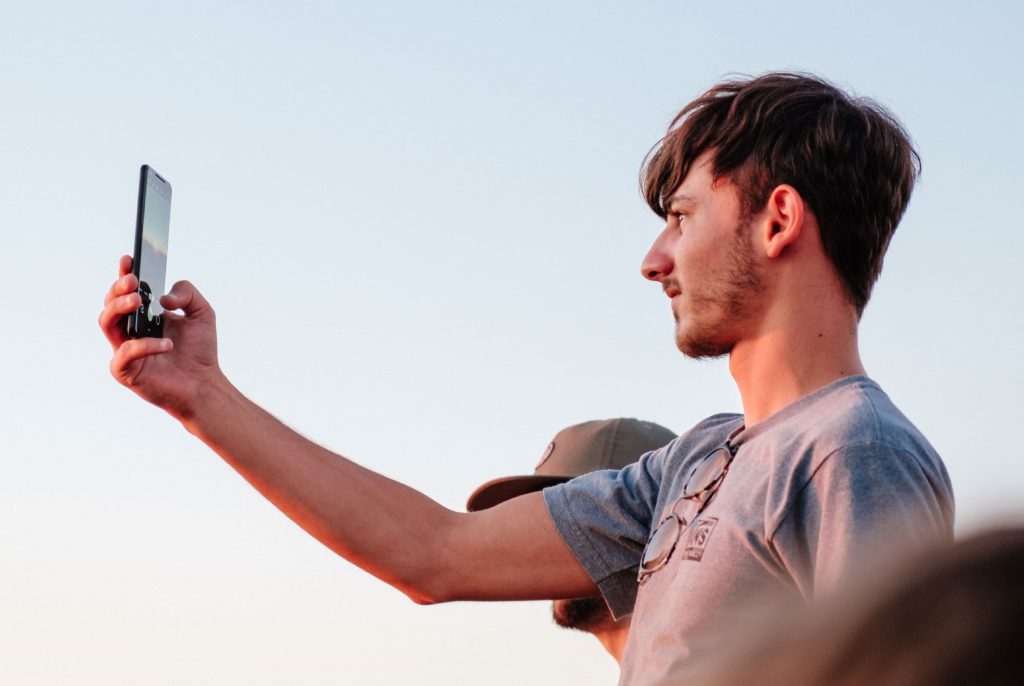
"I can't exactly go to family all the time for stuff that I might need help with such as forms, advice, someone to talk to if needed."
Post Care client, Snapshot Survey 2022
Funding Acknowledgement
Post Care Support Service is funded by the Government of South Australia’s Department for Child Protection.
